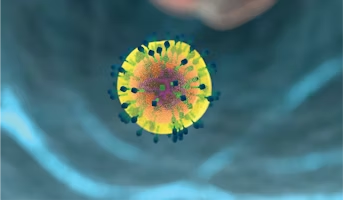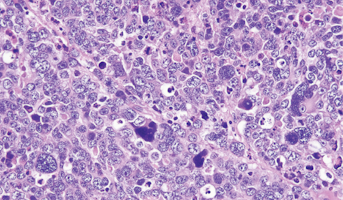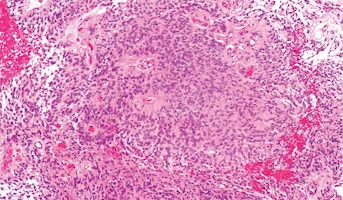Vijay Ramaswamy
Toronto, Canada
Sick Kids

About
Staff Neuro-Oncologist - Neuro-Oncology Section Division of Haematology/Oncology, SickKids Scientist-Track Investigator
SickKids Research Institute
My overall research focus is the translational genomics of medulloblastoma and ependymoma with a focus on recurrent disease. My previous and ongoing work has been primarily to apply clinical correlates to recent genomic findings, with an overarching goal of identifying new and more robust risk stratification for both entities. In addition to investigating the clinical correlations of genomics, I have an interest in leveraging genomics to identify new and novel therapies for children with recurrent brain tumors, though an integrated functional genomic approach. This is a logical extension of my doctoral work following my Pediatric Neuro-Oncology training. My current position as a Staff Neuro-Oncologist at the Hospital for Sick Children, one of the largest pediatric brain tumour programs in the world allowing me to take the lead in translating the findings into early phase clinical trials.

Sick Kids
scientific
Projects

Data
Specimen
Ongoing
Molecular and Functional Characterization of Childhood Supratentorial Ependymoma
There are many established subtypes of pediatric ependymoma and they may require different modes of treatment. Using samples and data provided by the Children’s Brain Tumor Atlas, researchers seek to better understand these differences in an effort to direct personalized care.
Ependymoma

Vijay Ramaswamy

Specimen
Ongoing
Personalized Therapy for High-risk Ependymoma of Childhood
The therapy resistance of supratentorial and posterior fossa ependymoma points to the need for new treatment options. The Children’s Brain Tumor Network will provide the samples needed to explore therapeutic vulnerabilities of these tumor types.
Ependymoma

Vijay Ramaswamy
research
Interests

Medulloblastoma
Medulloblastomas comprises the vast majority of pediatric embryonal tumors and by definition arise in the posterior fossa, where they constitute approximately 40% of all posterior fossa tumors. Other forms of embryonal tumors each make up 2% or less of all childhood brain tumors.The clinical feature

Ependymoma
Ependymomas arise from ependymal cells that line the ventricles and passageways in the brain and the center of the spinal cord. Ependymal cells produce cerebrospinal fluid (CSF). These tumors are classified as supratentorial or infratentorial. In children, most ependymomas are infratentorial tumors